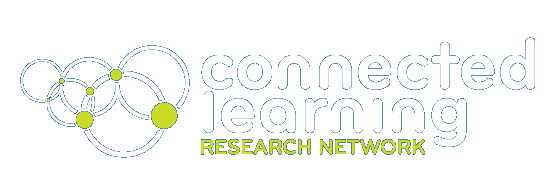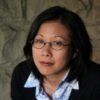Fandom Unbound: Otaku Culture in a Connected World
January 2, 2012
PROJECTS: Leveling Up
TAGS: Digital Youth Project
I’m proud to announce the publication of a new book that I edited together with my longtime collaborator Daisuke Okabe and a new editorial collaborator Tsuji Izumi, Fandom Unbound: Otaku Culture in a Connected World. The book is a collection of essays on otaku culture in Japan and the US, ranging across relatively familiar anime fandoms to the possibly less familiar terrain of train otaku, 2-chan, and game arcade culture. It is an effort to showcase both the commonalities of what ties together various otaku cultural forms around the world, as well as showcasing the tremendous diversity of otaku culture. The central thematic of the book is this productive dynamic between local and niche cultural forms and a networked and distributed public culture; I argue in the introduction that it is this dynamic that is in fact the distinguishing feature of otaku culture and what has made it flourish in an era of networked, remixed, and digital culture.
This book was a labor of love that spanned many years of research, translation, and editing. Like our earlier book, Personal Portable Pedestrian, the book includes articles that come from my own research, but the bulk of the content is translated work by Japanese scholars. I’ve always felt that it’s important to bring the excellent work being done in other languages to the English-speaking world. In Japan, many key scholarly works in English get translated into Japanese, but the reverse happens much less frequently. Like with mobile phones a decade ago, we felt that the current international attention to anime and otaku culture provided an opportunity to showcase Japanese scholarly work in an international arena.
Chapters by Lawrence Eng and myself represent the English-language anime fandom, and the rest of the articles are based on research in Japan. We have work from well-established senior scholars such as Hiroki Azuma on moe, Akihira Kitada on 2-chan, and Kaichiro Morikawa on the birth of Akihabara as a otaku town. We also feature work by a new generation of otaku scholars such as Izumi’s work on train otaku, Daisuke’s work on fujoshi, Yoshimasa Kijima on fighting game culture, Hiroaki Tamagawa on the Comic Market, and Kimi Ishida, who writes with Daisuke on cosplay.
My own work that appears in this book comes from fieldwork on the online English-langauge anime fandom that I did as part of the digital youth project. In addition the introduction, I have one article on fansubbing and one on anime music videos. I also got to tag along with Daisuke during his fieldwork with cosplayers and doujin authors in Tokyo, and that work is also represented in this book. It was so ridiculously fun to hang out with anime fans as part of this project, I’m sad to see this chapter of my research come to a close. While I am no longer actively doing fieldwork on anime fandom, much of what I’ve learned from fans is key to my ongoing work on interest and passion-driven learning, and my current fieldwork on gaming and other youth-centered interest groups.
I recently gave a talk on the book at MIT. You can see some video excerpts here, and Ethan Zuckerman did a nice write-up here. Extra bonus is the awesome cover art done just for us by Ulises Farinas.


